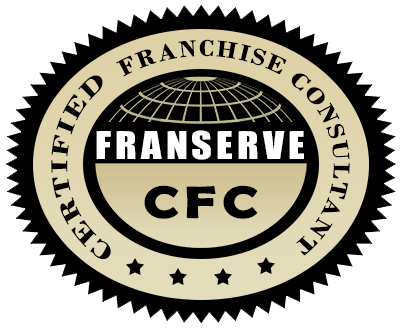Expert Recommendations and Points to Consider When Investing in Your First Franchise Business.
I. Franchise Investing Tip: Initial Self-Assessment and Preparation
A. Personal Skills and Interests: Assess personal strengths, weaknesses, and interests to identify suitable franchise industries.
B. Financial Readiness: Determine available budget and assess financing options, including loans and savings.
C. Time Commitment: Evaluate the amount of time you can realistically dedicate to managing the franchise.
D. Risk Tolerance: Understand your risk tolerance to choose the appropriate franchise model.
II. Franchise Investing Tip: Researching and Selecting the Right Franchise
A. Market Research: Analyze market trends to identify potential industries with growth potential.
B. Franchise Industry Insights: Research different franchise sectors, focusing on franchising trends and consumer demand.
C. Franchise Model Analysis: Understand the franchise models available, such as brick-and-mortar vs. home-based, single-unit vs. multi-unit.
D. Brand Reputation: Investigate the franchise’s brand reputation and its market standing.
III. Franchise Investing Tip: Financial Analysis and Planning
A. Initial Investment Costs: Breakdown of initial investment requirements like franchise fees, equipment, and inventory.
B. Ongoing Costs and Royalties: Evaluate ongoing costs, including royalty fees, marketing fees, and renewal fees.
C. Revenue Projections and ROI: Analyze franchise-provided financial data to estimate revenue projections and calculate return on investment.
D. Cash Flow and Breakeven Analysis: Assess projected cash flow and calculate the breakeven point to understand profitability timelines.
IV. Franchise Investing Tip: Franchise Legal and Contractual Due Diligence
A. Franchise Disclosure Document (FDD) Review: Carefully review the FDD for comprehensive information about the franchise.
B. Legal Consultation: Consult a franchise attorney to understand the legal implications of the franchise agreement.
C. Contractual Obligations: Assess the contractual obligations including territory rights, terms of renewal, and termination clauses.
D. Compliance and Regulatory Requirements: Ensure the franchise complies with local, state, and federal regulations.
V. Franchise Investing Tip: Evaluating Support and Training
A. Initial Training Programs: Assess the comprehensiveness of the franchisor’s initial training program.
B. Ongoing Support: Determine the availability and quality of ongoing support, including marketing, operations, and technology.
C. Peer Network**: Explore the franchise’s peer network for mentoring, networking, and knowledge-sharing opportunities.
D. Operational Systems: Evaluate the robustness of the franchisor’s operational systems, including software and supply chain support.
VI. Franchise Investing Tip: Market Location and Expansion Potential
A. Location Analysis: Identify potential locations with suitable demographics and foot traffic for the franchise.
B. Competitor Analysis: Analyze local competition to determine market saturation and competitive advantage.
C. Territory Rights: Understand the geographical territory assigned to ensure exclusivity and prevent cannibalization.
D. Expansion Opportunities: Investigate multi-unit opportunities and the franchise’s growth potential.
VII. Franchise Investing Tip: Exit Strategy and Future Planning
A. Resale Opportunities: Research the franchisor’s policies on franchise resale and evaluate the brand’s resale value.
B. Succession Planning: Develop a succession plan for potential exit strategies or generational transfer.
C. Franchise Renewal Terms: Assess the renewal terms and conditions for continued franchise ownership.
D. Exit Clause and Conditions: Understand the exit clauses in the franchise agreement for potential future exit strategies.


